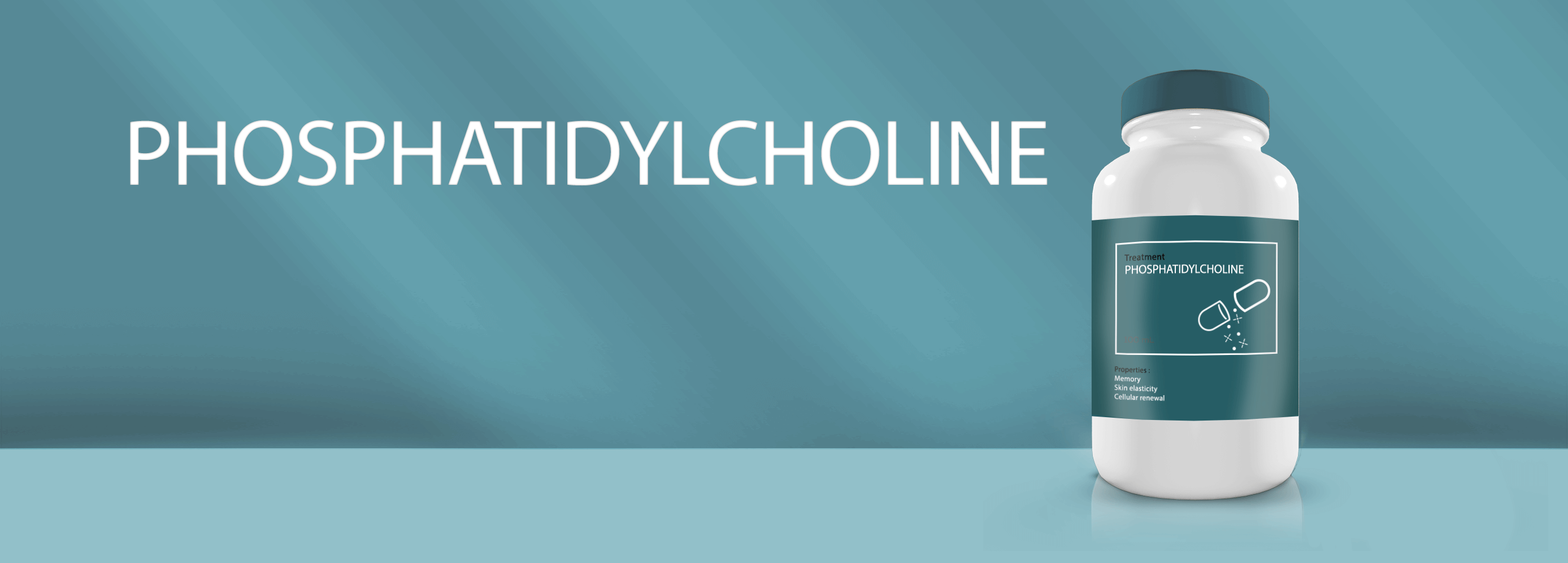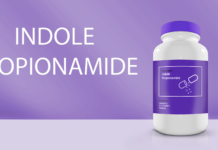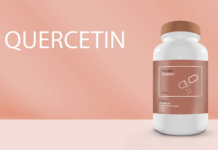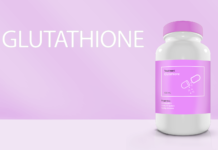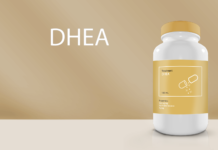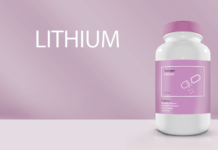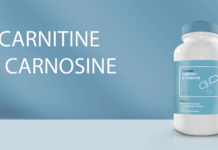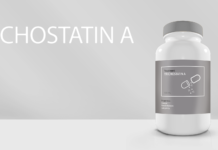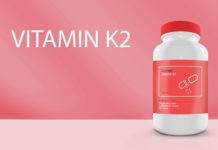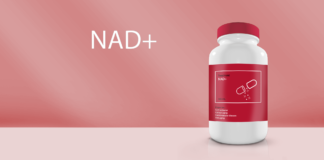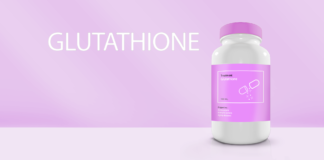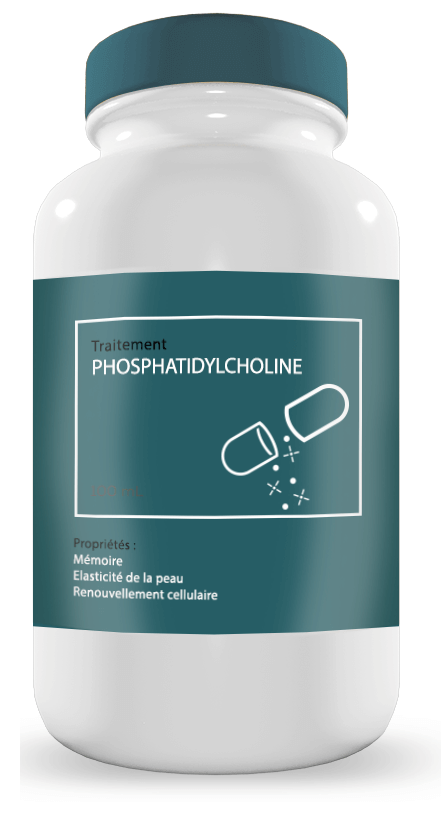
Fact sheet
Lipids for cell membranes help with longevity
Phosphatidylcholine (also called Polyenylphosphatidylcholine) is a major phospholipid, very involved in the synthesis of the membranes of our cells. It is produced by the liver naturally, helps with digestion, helps maintain skin elasticity and is essential to brain function. Is it also involved in aging? A thousand times yes, because, in young subjects, it is present in greater quantities than in the elderly[1].
Phosphatidylcholine and brain health
Phosphatidylcholine helps maintain the integrity of these membranes and is essential for the body to work. Naturally produced by the liver, it is also used in the composition of bile (digestion of fat). When metabolized by our body, it can release a choline molecule that can be used by the brain to produce acetylcholine[2]. Therefore, phosphatidylcholine supplementation can improve brain function by boosting acetylcholine synthesis[3]. This has led to pre-clinical and clinical studies, particularly on Parkinson’s disease, with the hope of finding new therapeutic approaches, but the results have proved contradictory[4, 5]. However, in the treatment of bipolar disorders, phosphatidylcholine supplementation appears to be beneficial[6]. New studies have also looked at Alzheimer’s disease and show that there is an imbalance in phosphatidylcholine metabolism that can promote the disease[7].
Aging and other diseases
The main role of phosphatidylcholine in cardiovascular diseases appears to be the prevention of hypercholesterolemia[8]. Indeed, in case of mild hypercholesterolemia or in prevention, phosphatidylcholine supplementation allows a decrease in circulating cholesterol. However, these results should be viewed in retrospect as the latest studies are relatively old and little new research has been done on the issue. Phosphatidylcholine derivatives can also have an interesting effect, as is the case of DLPC, whose role is still under investigation but which seems to allow the reduction of glucose and blood triglycerides, thus promulgating an anti-diabetic effect[9].
All these combined actions of phosphatidylcholine go in the direction of a reduction of the risks of development of age-related pathologies. It seems to act directly by maintaining brain function, in addition to its beneficial effects on the cardiovascular system.
- Number of publications: over 1,000
- Availability: over-the-counter
- Route: oral
- Dosage: between 1 and 4 g / day
No counter-indications are known to date. In very high doses, it is possible to have some digestive issues.
It is important to differentiate between lecithins, phospholipid mixtures containing phosphatidylcholine and pure supplements. The word lecithin is, in biochemistry, synonymous with phosphatidylcholine, but many abuses of language are found in food supplements (where supplements bearing the name “lecithin” can contain from 25% to 95% phosphatidylcholine). Although lecithins have a beneficial effect on digestive health, their concentration of phosphatidylcholine does not always seem sufficient to obtain an anti-aging effect.
[1] Hancock SE, Friedrich MG, Mitchell TW, Truscott RJ, Else PL. Decreases in Phospholipids Containing Adrenic and Arachidonic Acids Occur in the Human Hippocampus over the Adult Lifespan. Lipids. 2015 Sep;50(9):861-72
[2] Blusztajn JK, Liscovitch M, Mauron C, Richardson UI, Wurtman RJ. Phosphatidylcholine as a precursor of choline for acetylcholine synthesis. J Neural Transm Suppl. 1987;24:247-59
[3] Chung SY, Moriyama T et al. Administration of phosphatidylcholine increases brain acetylcholine concentration and improves memory in mice with dementia. J Nutr. 1995 Jun;125(6):1484-9
[4] Barbeau A. Lecithin in Parkinson’s disease. J Neural Transm Suppl. 1980;(16):187-93
[5] Jackson IV, Nuttall EA, et al. Treatment of tardive dyskinesia with lecithin. Am J Psychiatry. 1979 Nov;136(11):1458-60
[6] Bogarapu S, Bishop JR, et al. Complementary medicines in pediatric bipolar disorder. Minerva Pediatr. 2008 Feb;60(1):103-14
[7] Whiley L, Sen A, Heaton J, et al. Evidence of altered phosphatidylcholine metabolism in Alzheimer’s disease. Neurobiology of aging. 2014;35(2):271-278
[8] Knuiman JT, Beynen AC, Katan MB. Lecithin intake and serum cholesterol. Am J Clin Nutr. 1989 Feb;49(2):266-8
[9] Lee JM, Lee YK, Mamrosh JL, et al. Antidiabetic actions of a phosphatidylcholine ligand for nuclear receptor LRH-1. Nature. 2011;474(7352):506-510
Dr. Marion Tible

Author/Reviewer
Auteure/Relectrice
Marion Tible has a PhD in cellular biology and physiopathology. Formerly a researcher in thematics varying from cardiology to neurodegenerative diseases, she is now part of Long Long Life team and is involved in scientific writing and anti-aging research.
More about the Long Long Life team
Marion Tible est docteur en biologie cellulaire et physiopathologie. Ancienne chercheuse dans des thématiques oscillant de la cardiologie aux maladies neurodégénératives, elle est aujourd’hui impliquée au sein de Long Long Life pour la rédaction scientifique et la recherche contre le vieillissement.
En savoir plus sur l’équipe de Long Long Life


